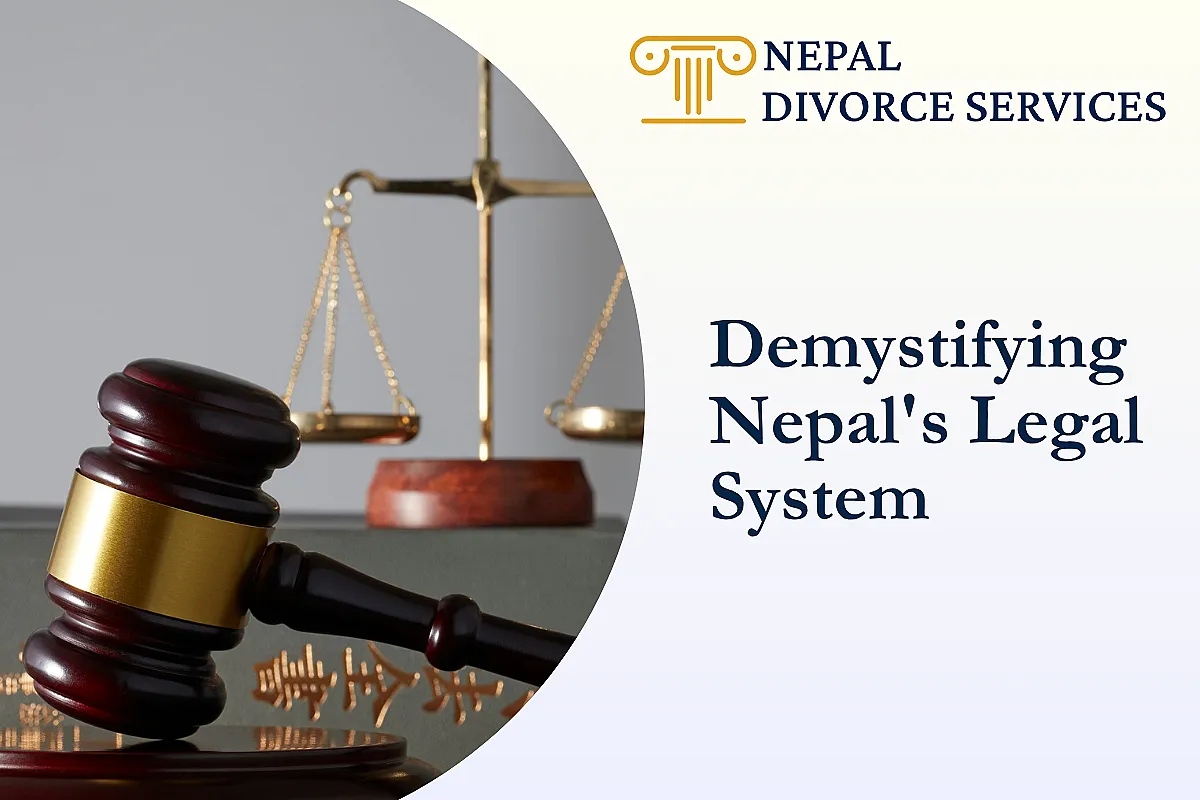Our Blog
- Home
- Blogs
Family Law Matters in Nepal
Family Law Matters in Nepal is a broad topic that covers various issues and aspects of family relations and domestic affairs. According to my search, family law in Nepal is mainly governed by Part 3 of the Muluki Civil Code 2017, which sets out the legal provisions on matters such as marriage, divorce, partition of property, succession, adoption, child custody, alimony, etc. However, family law in Nepal is also influenced by other sources of law, such as the Constitution of Nepal, the National Civil Procedure (Code) Act 2017, and the customary laws and practices of different ethnic and religious groups.
Demystifying Nepal's Legal System
Demystifying Nepal's Legal System is a challenging but rewarding topic. According to my search, Nepal's legal system is a civil law-based system, which means that laws are derived from written statutes rather than judicial decisions. However, Nepal's legal system also has some elements of common law, such as the practice of case laws or precedents. The Nepali legal system has been influenced by various sources, such as the Napoleonic Code, the Hindu philosophy, and the English common law.
Data Privacy and Protection Laws in Nepal
This article provides an overview of the legal framework and challenges of data privacy and protection in Nepal, and the need for comprehensive and unified data protection legislation. It also introduces the services of Nepal Divorce, a leading law firm that provides legal assistance and guidance on divorce, family, and matrimonial matters in Nepal.
Commercial Contracts in Nepal
Commercial Contracts in Nepal is an article that provides a brief overview of the legal framework and practice of commercial contracts in Nepal, which are agreements between parties to carry out economic or business activities. The article also explains the main types, features and issues of commercial contracts in Nepal, as well as the dispute resolution mechanisms available for commercial contracts in Nepal.
Nepal's Tax System : A Guide for Businesses and Individuals
Nepal's Tax System : A Guide for Businesses and Individuals is a document that provides a general overview of the tax system in Nepal, including the types, rates and procedures of various taxes applicable to businesses and individuals in Nepal. The tax system in Nepal consists of direct and indirect taxes, which are levied by the federal, provincial and local governments. The tax system in Nepal is based on the Income Tax Act, 2002 (2058), the Value Added Tax Act, 1996 (2052), the Excise Act, 2002 (2058), the Customs Act, 2007 (2064) and other relevant laws and regulations.





